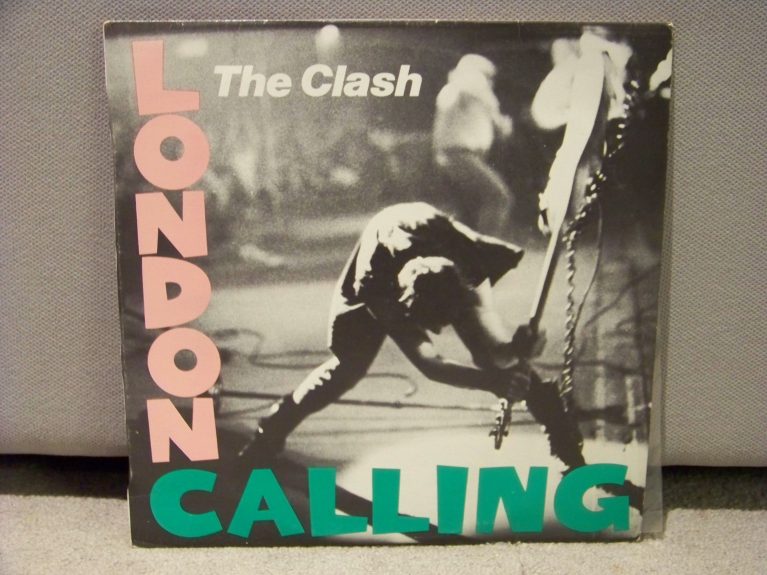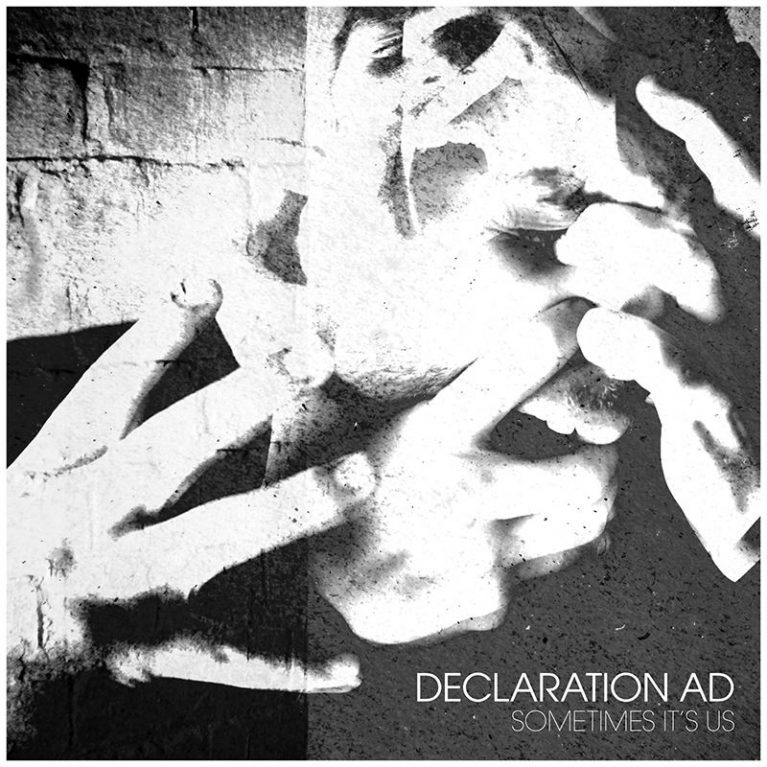I need to admit something before I start. I consider the boys in Declaration AD some of my closest friends. I even lived with a few of them for a few years. And frontman Sam Coates designed the WNF logo for this site. This review cannot be impartial.
I’m pretty sure that I’ve attended more of their shows than anyone else. I was their first show back in 2010, at the now defunct Happy Bar. I tagged along on their first tour. I helped them print their first lot of t-shirts, and I loaned them my lungs when they recorded the gang vocals for their first two releases. I’ve watched them grow and evolve into who they are now. Obviously this is going to be a biased review, but it’s a two-way thing. My familiarity with the band also means I can give an insider’s perspective.
Declaration AD formed in Wellington late in 2009. The Wellington hardcore scene was in a re-building stage at that point, after some of the previous bands who had carried the torch had either broken up, or were in the process of doing so. We would have to road-trip up to Palmy if we wanted to attend hardcore shows.
I still remember the first one they took me to: The Chase on their final tour (I was honestly terrified. It was my first experience seeing people throwing down like they do, and I kept getting hit by backswings.One girl standing next to Kirk got knocked out).
Declaration AD would play shows with pretty odd lineups, simply because that was the only option – there were no other hardcore bands in Wellington to play with. It worked alright when they played alongside punk and metalcore bands, but often they’d play with indie bands, powermetal acts… anyone who was willing to have them on the bill. Last year they even opened for internet sensation rapper Bangs.
Over time the boys have helped to revive the Wellington hardcore scene through constant touring and inspiring friends to start their own bands. They would befriend bands in Auckland, Hamilton, Tauranga and Palmy, and then invite them to play shows in Wellington. Our flat was known as The 44 (short for “44 hardcore”) – named after the street number. As Wellington hosts, we’d let visiting bands stay over, crammed into our limited floor space and draped over couches. It was pretty common to have the entire place filled with sweaty sleeping bodies after a show.
The hard work led to success. Declaration AD have shared the stage with heavyweight local acts like Saving Grace and Antagonist AD, as well as international artists such as Terror, Trapped Under Ice and Sleeping Giant. They released two EP’s and a full length album over this period.
Sometimes It’s Us is Declaration AD’s most recent offering, the first that they’ve recorded in a professional capacity. Previously they’ve had help from friends with recording gear, but this time the band saved up to pay for time at a proper studio.
The album begins with static and tuning, like the faux-radio intro to Queens of the Stoneage’s Songs For The Deaf. It kicks off with the furious ‘Spent’, the grooviest track Declaration AD have written in ages. And it’s from this first song that the new dynamics start to pop up. Kirk Hodgson’s guitar playing is eerie and high pitched at times, unlike the usual chugged open chords. And during the bridge vocalist Sam Coates’ delivery is almost spoken word.
There are two key aspects that make Sometime’s It’s Us standout: the energy and the use of dynamics. These songs are heavy. They’re fast and angry. Listen to the blistering ‘Enfleshed’ and you’ll see what I mean. But they’re also well written. There’s the cut outs in ‘Mental Hell’ and ‘Belonging’ that add impact. The different styles of vocal delivery. The changes of pace, the guest spots from other vocalists, and the use of powerful gang vocals. All these elements are used to make the songs more interesting.
One of my favorites, ‘Mental Hell’, is frantic and speed driven, with a doomy break down juxtaposed against the breakneck beat. Towards the end it sounds like Sam is shouting through a megaphone. I also really like ‘Picket Sings & Protest Lines’ because of the enormous sounding gang vocals.
In fact the entire album is pretty relentless. ’04-14′ steps it down a notch for some slow burning self-examination, but on the whole there is a lot of aggression coming through.
Perennial crowd favourite ‘Better Man’ features in its third incarnation. ‘Better Man’ first featured on the NZ Hardcore Compilation CD in 2010. I remember the Declaration boys being so excited during the lead up to the compilation release; recording their first song and featuring alongside some of their heroes. The recording session didn’t go as ideally as hoped though, leaving them slightly disappointed with the end result. Their next attempt was with début EP MMX later that year. Again, they realised that this recording lark was harder than they’d initially thought, leaving them despondent about another recording that didn’t really capture the sound that they had wanted. So they’ve decided to test the idiom “third time lucky” with their first professional recording, and give ‘Better Man’ another go.
I’m reminded of how Anberlin re-recorded their song ‘Feelgood Drag’ as a single, three years after they’d first released it. The song became their breakthrough hit. The re-recorded version sounds darker and edgier. But I prefer the original version that I grew up listening to, simply because it’s more familiar. In the same sense, this newer recording of ‘Better Man’ may be better, but it will take me some time to get used to. Naturally, the song has evolved over time, as the lads have learned to play their instruments better and gel as a band. One of the more noticeable aspects is that vocalist Sam Coates is no longer at the forefront, but sounds somewhat distant in the mix. And the gang vocals are more prominent, as is the case in their usual live setting. Long story short: ‘Better Man’ has finally been given the treatment it deserves. Few people actually have a copy of either of the first two versions, so it’s only right that the band’s most enduring song get’s proper recognition.

L-R: Dan Drower (bass), Kirk Hodgson (guitar), Sam Coates (vocals and Dave Morrison (drums). Image: Grace Gemuhluoglu
The stark images throughout the album depict anguish, loss, anger and pain, but the overall there is a theme of hope. There are personal issues laid bare, and although this makes Sam the lyricist vulnerable, it makes him all the more relatable as well. Many of the songs explore identity – who we are, how we act, what makes us feel validated, what we stand for. During the contemplative ’04-14′ he shouts “my flaws are too real to deny”. I’m sure that none of us can deny that we have similar battles. Words have always been Sam’s gift. He’s a genuine, unassuming guy who can brighten anyone’s day with an affirmation. He writes with conviction and shouts with such power that he has always stood out as great frontman.
Sometimes It’s Us showcases improved musicianship from the band. I love how Kirk uses treble to bring balance to the sound – an oft neglected aspect of “heavy” music, with its frequent drop-tuning and distortion. His sound has changed, with a very metal tone, tight riffs and plenty of pinch harmonics and Dimebag-styled squeals. Drummer Dave Morrison has really stepped up this time round, going for the no-fills approach. His efficient style gives the music momentum without over-complicating things. And the times that he does include an aspect like a fill or something flashy, they stand out. And bassist Dan Drower always was known for his musical abilities, and finally gets to cement his role in the band by recording new material, after having joined the band early in 2013.
Sometimes It’s Us is a big improvement for Declaration AD, showing how far they’ve come during the three years since their last release. It’s furious and focused while at the same economic and efficient. They’ve put planning into the song writing and recording that has led to tighter and more dynamic sounding songs. This is easily the longest release, lasting almost half an hour, but it’s also one of their best.
… And it’s also their last. After roughly six years, they’ve decided to call it a day.
I was there at the start, and now I can say I was there until the end. When the Declaration boys look back over their time as a band there will be no shortage of achievements to reflect on. They’ve survived a few line-up changes and left a legacy to be proud of. It’s bittersweet that this album features some of their best work, but they won’t be around much longer to celebrate it.
Declaration AD: Facebook Twitter Instagram Bandcamp
Joseph James

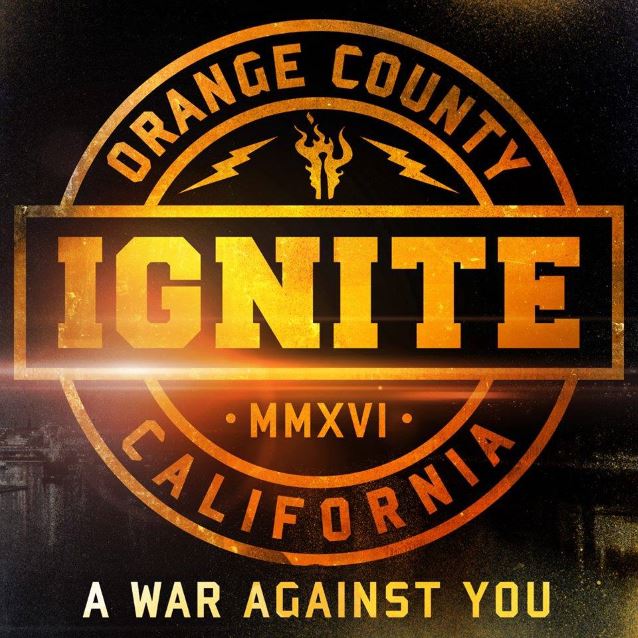
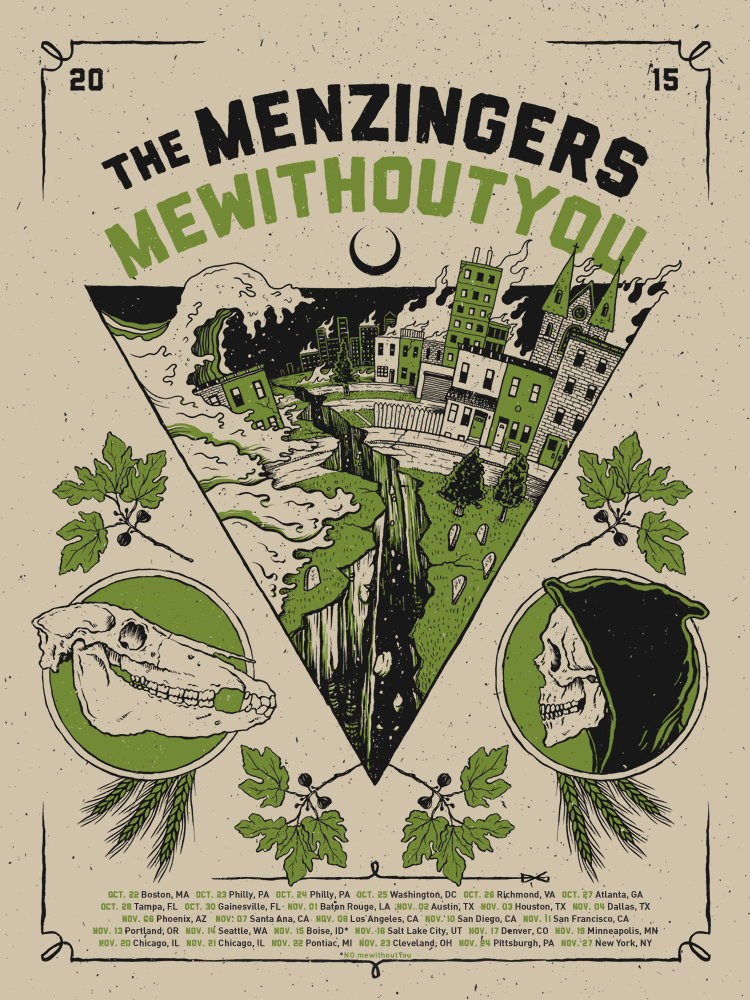


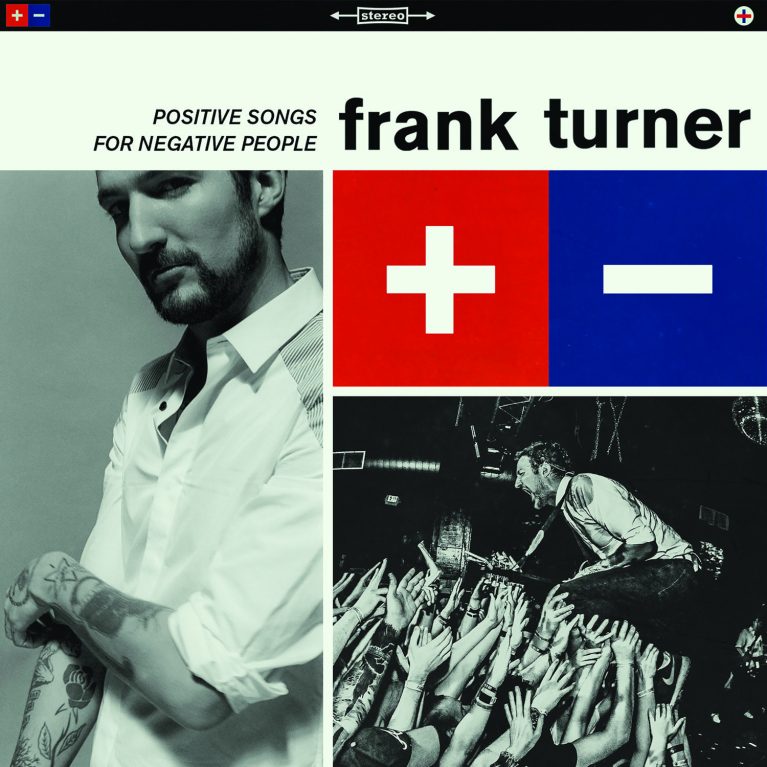
 about buying a blue property in a game of Monopoly. Instead, in his typically English style, Turner sings about cleansing himself in the river and promising to start over. He’d decided to brush himself off and push on after the melancholic previous album, with this song signalling the change in attitude. It’s an idyllic little acoustic track reminiscent of other folk songs he’s done in the past, but it’s also the least interesting song on the album. This makes the following song sound even better and louder by comparison.
about buying a blue property in a game of Monopoly. Instead, in his typically English style, Turner sings about cleansing himself in the river and promising to start over. He’d decided to brush himself off and push on after the melancholic previous album, with this song signalling the change in attitude. It’s an idyllic little acoustic track reminiscent of other folk songs he’s done in the past, but it’s also the least interesting song on the album. This makes the following song sound even better and louder by comparison. The Sleeping Souls prove themselves once again as the perfect backing band for Turner.They rock out when they need to, and they colour the music tastefully when it pulls back. Two of the finer musical moments on the album include the cut out during the bridge of ‘Glorious You’ and the gorgeous harmonies in the outro of ‘Demons’.
The Sleeping Souls prove themselves once again as the perfect backing band for Turner.They rock out when they need to, and they colour the music tastefully when it pulls back. Two of the finer musical moments on the album include the cut out during the bridge of ‘Glorious You’ and the gorgeous harmonies in the outro of ‘Demons’.